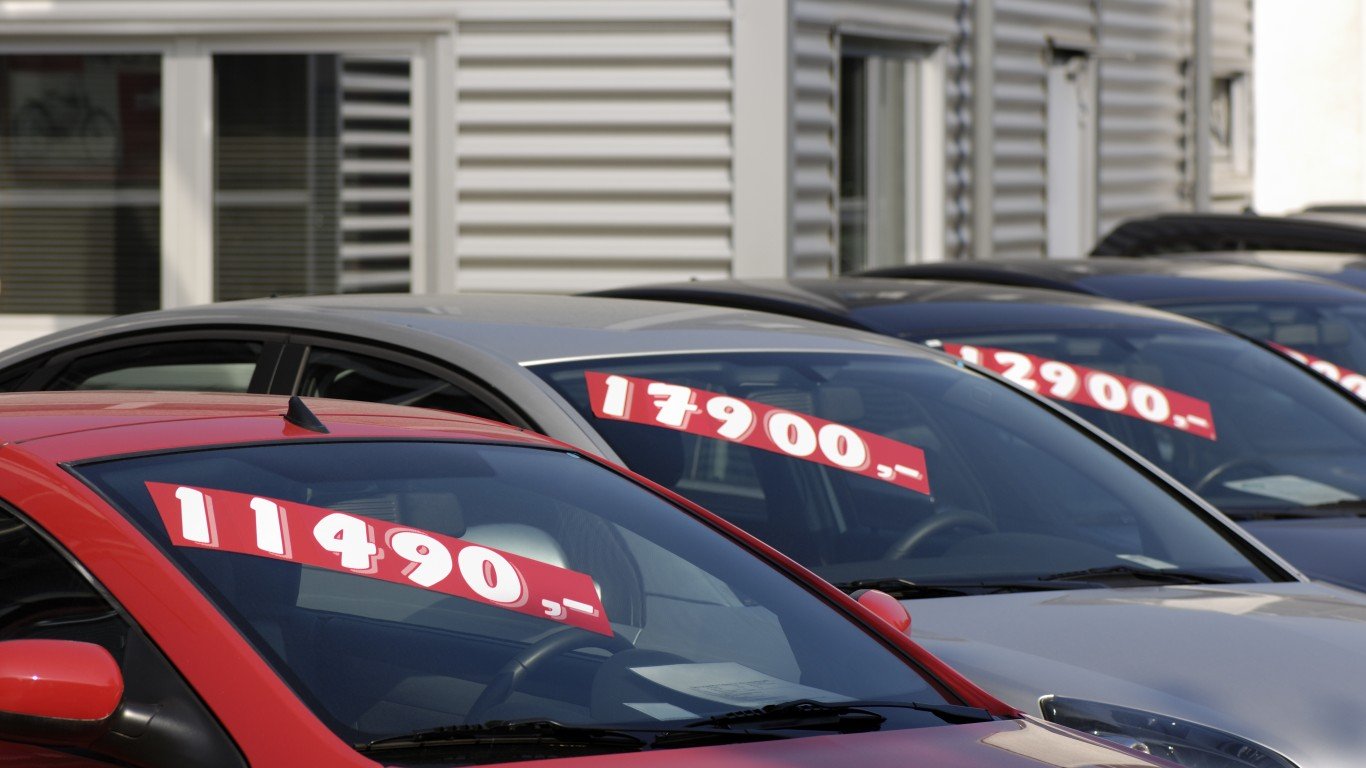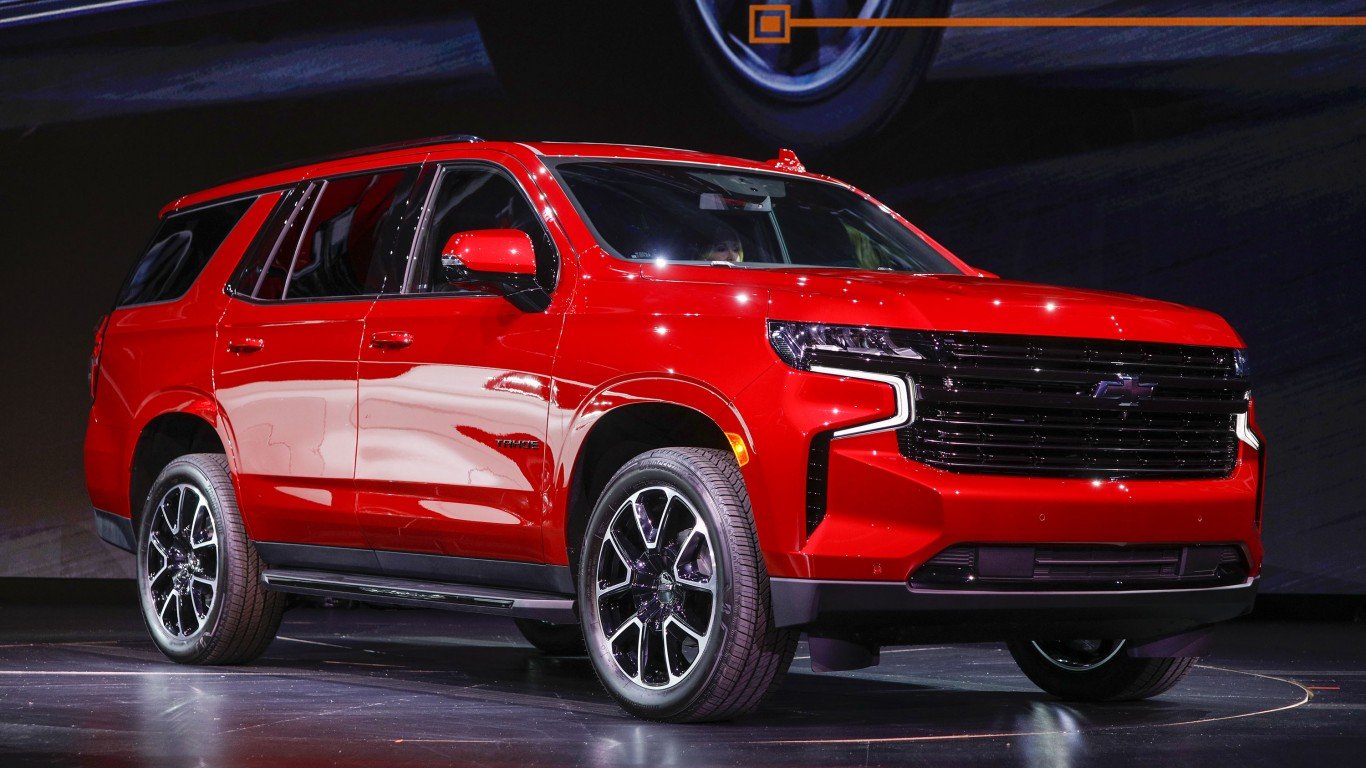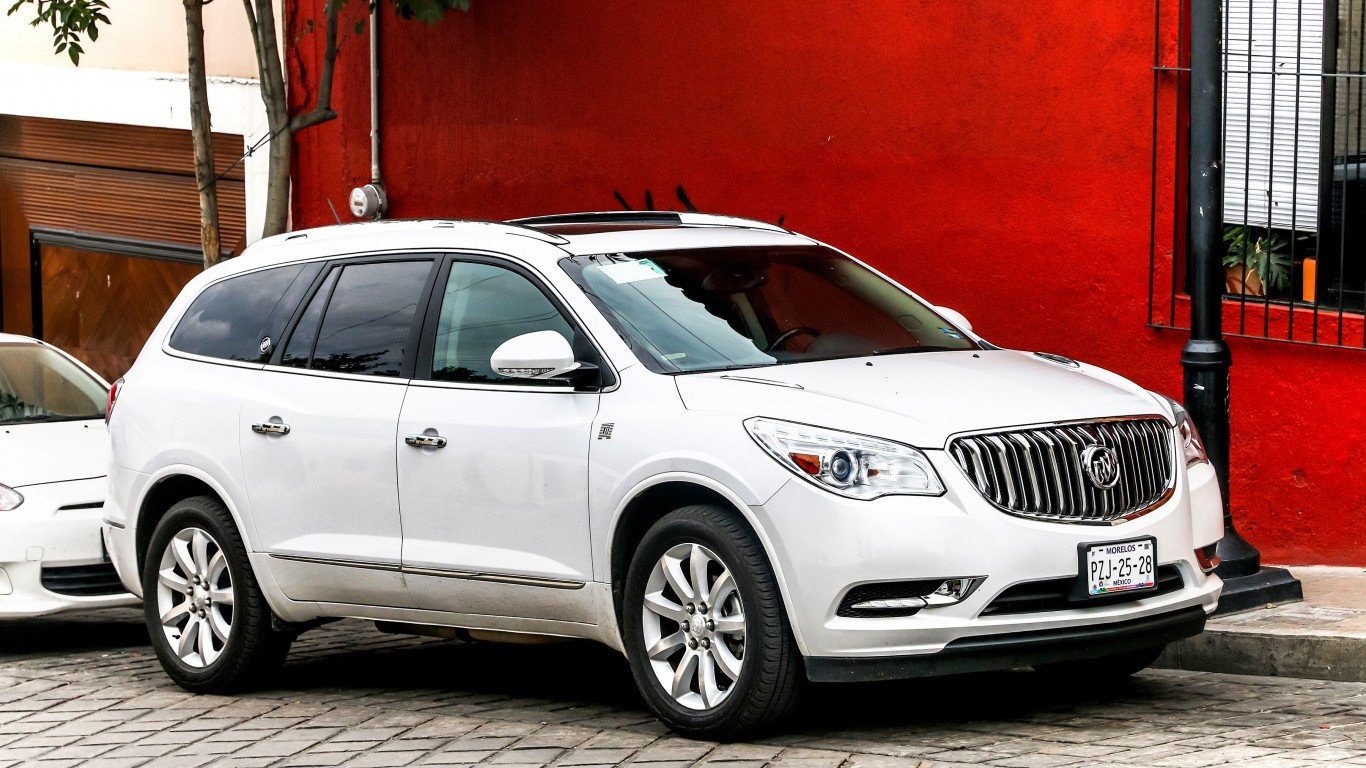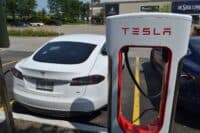Like any good momentum stock, electric car manufacturer Tesla Motors Inc. (NASDAQ: TSLA) continues to rocket higher, defying critics, short sellers and even some of the major firms on Wall Street. What’s not to like? An extremely sleek and viable product, and a captivating chairman and CEO in Elon Musk, who reportedly was in discussions with Apple Inc. (NASDAQ: AAPL) about a possible acquisition as recently as last year. Most importantly, a brand and a stock that continue to dominate headlines on financial media.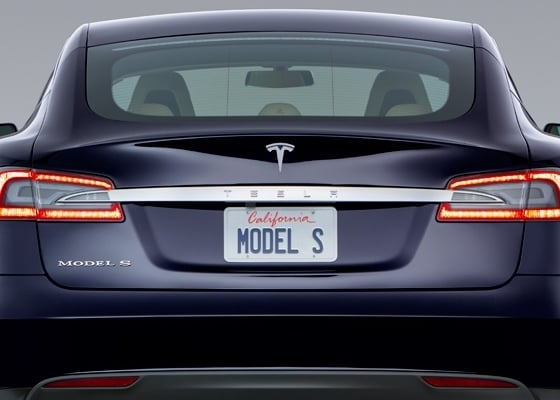 Source: courtesy of Tesla Motors
Source: courtesy of Tesla Motors
Wall Street loves this kind of stock and company. So do the people that push the electric car story and agenda. However, this is not a Prius, and the masses will not be owning a Tesla anytime soon. The average price for a Tesla Model S is listed at MSRP levels of $71,070 to $94,900. That hardly fits the budget of most working Americans.
The most vexing question, and one that is on the mind of every short seller in the world, is how is all of this possible? Especially given the pricing issues. Hey, Netflix Inc. (NASDAQ: NFLX) is expensive too, but a subscription costs $7.95 a month. Almost everybody can afford that, especially those who are opting out of cable. A car that starts at more than $70,000 has a very limited audience and demographics from which to find purchasers.
Last year Tesla sold a whopping 22,000 Model S cars. General Motors Co. (NYSE: GM) sold a record 4,984,126 vehicles around the world in 2013. That translates to 13,655 vehicles per day. Now granted, the average selling price was not $80,000, but the facts are easy to get your hands around. Tesla expects sales in 2014 of 35,000 cars. It also is expected to launch its Model X SUV in 2015, which should be priced somewhat lower. While that is a nice percentage jump, it does not do a thing to justify the sky-high multiple and market price.
Last week Tesla reported a $16 million adjusted loss for the fourth quarter. Tesla shares once again soared and Monday hit a new high. They rose 3.8%, or $8.05, to close at $217.65. A year ago, the stock closed at $33.80. GM on the other hand, reported fourth-quarter earnings of $913 million, or $0.67 per share. The average of analysts’ estimates was for $0.87 per share. The earnings were below Wall Street expectations, and the stock actually fell more than 3% after the report.
The posted market cap for GM is $57.71 billion, based on Tuesday’s share price, and the stock trade at 15.19 times earnings. Investors also get the added luxury of a very respectable 3.3% dividend. The market cap for Tesla sits today at $30.54 billion, and the stock trades an incredible 1200 times earnings, using very fast and loose accounting rules. The company actually lost $74 million dollars last year. The short sellers are circling the stock. Doug Kass, who runs Seabreeze Partners Management, is a skeptic and has sold the stock short. He also thinks the Tesla/Apple chatter is pure hype.
“In my view, the discussions between Apple and Tesla were likely centered more around joint ventures than an acquisition,” Kass told the Wall Street Journal. “Stated simply, I can’t believe that Apple would be so stupid as to acquire Tesla.”
Kass is extremely shrewd and probably right. Despite Apple’s current need for a product home run, this is not the marriage of equals made in heaven that gets them back on track.
One of things that may be continuing to drive the stock to the seemingly daily astronomical highs is the current short interest. The free float for the stock is listed on Yahoo! finance at 84.03 million. The number of shares sold short is listed at 29.64 million, as of January 31. That is 35% of the float sold short. Every gap up is a painful hit to the short sellers, and they are either forced to cover and take their hit, or press their trade and short more. Tuesday was no different; in late morning trading the stock was just shy of $250 per share, up $32, or almost 15%, inflicting yet even more pain on the short sellers.
One thing is for sure, there is absolutely no margin for error. Should more battery fires come to light, or something else that causes any negative press, the stock could sink faster than it went up. Investors opting to own Tesla over GM are taking the calculated more fools theory. The theory that there is always somebody willing to buy it at a higher price. They better hope that is the case. If anything goes wrong, the bids will be nonexistent.
Sponsored: Attention Savvy Investors: Speak to 3 Financial Experts – FREE
Ever wanted an extra set of eyes on an investment you’re considering? Now you can speak with up to 3 financial experts in your area for FREE. By simply
clicking here you can begin to match with financial professionals who can help guide you through the financial decisions you’re making. And the best part? The first conversation with them is free.
Click here to match with up to 3 financial pros who would be excited to help you make financial decisions.
Thank you for reading! Have some feedback for us?
Contact the 24/7 Wall St. editorial team.
